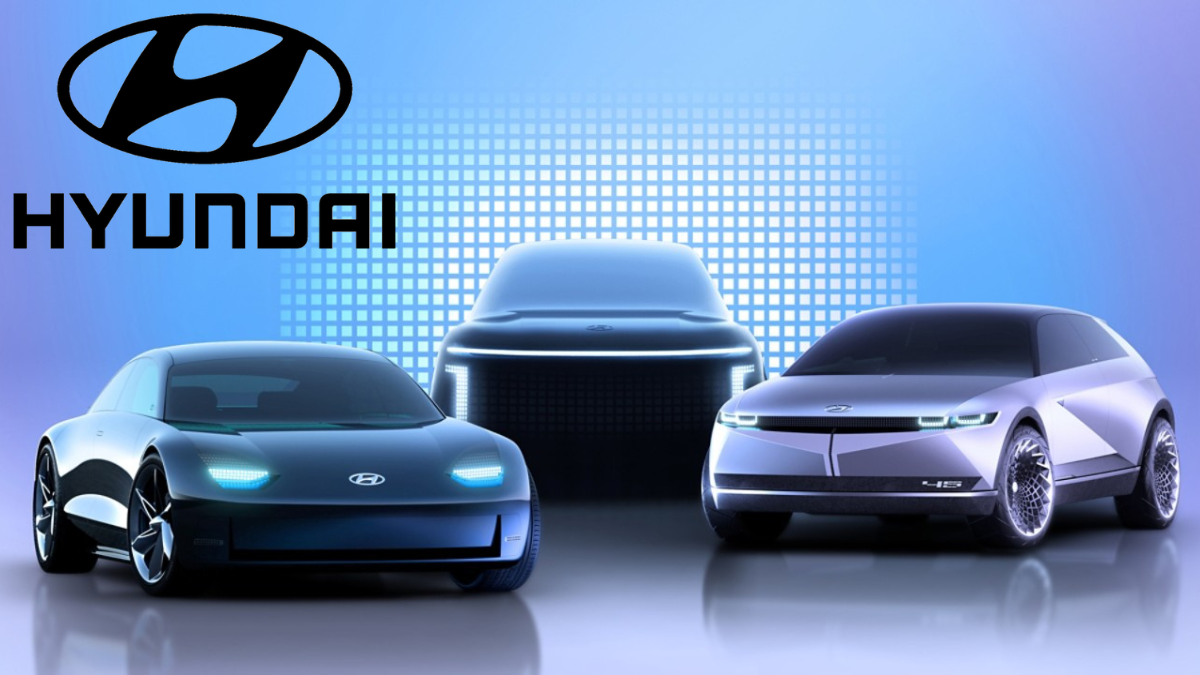Hyundai Motor India is preparing for a significant expansion of its product lineup as part of its long-term growth strategy. The company has announced plans to launch 26 new vehicles by the financial year 2030 (FY30), a mix of electric vehicles (EVs) and internal combustion engine (ICE) models. This aggressive push aligns with Hyundai’s vision of becoming a future-ready, sustainable mobility brand in the Indian market. The upcoming launches aim to cater to a wide range of customer preferences, from affordable compact cars to advanced EVs and SUVs. The strategy also complements Hyundai’s broader investment plan for EV infrastructure and localized production.

Hyundai Gears Up for the Future
| Key Details | Information |
|---|---|
| Total Planned Launches | 26 vehicles |
| Target Year | FY30 |
| EV Models | 8 electric vehicles |
| ICE/Hybrid Models | 18 models |
| Investment Announced | ₹32,000 crore for Tamil Nadu plant and EV infrastructure |
| Focus Areas | EVs, SUVs, compact cars, premium sedans, localization |
| Platform Strategy | Shared platforms for ICE and EV to reduce costs and complexity |
| Official Link | Hyundai India Official Site |
Hyundai’s Multi-Pronged Strategy for FY30
Hyundai’s roadmap to FY30 is shaped around versatility, sustainability, and market leadership. The brand is not just betting big on volume; it’s aiming to lead in technology, green mobility, and localization. The strategy centers around the simultaneous development of ICE, hybrid, and EV vehicles, ensuring a balanced approach to transition across varying customer readiness for electrification.
Electric Vehicle Push – 8 EVs by FY30
The EV segment is where Hyundai is sharpening its edge. The automaker plans to roll out 8 battery electric vehicles in India, covering multiple segments such as hatchbacks, compact SUVs, and premium sedans. Hyundai already has a head start with the Ioniq 5 and Kona Electric in its portfolio. Future models will span both mass-market and premium segments, aiming for affordability, charging convenience, and range efficiency.
The new EV lineup will be developed on both E-GMP (Electric Global Modular Platform) and modified ICE platforms to offer flexibility in production and cost control. Hyundai also aims to expand its EV charging network across India, working in tandem with public and private partners.
ICE and Hybrid Models Still in the Game
Even with the EV revolution gaining ground, Hyundai is not neglecting its core ICE portfolio. Out of the 26 planned launches, 18 will be either internal combustion or hybrid models. These will include next-generation updates of current bestsellers like the Creta, Venue, and Verna, as well as new models in the SUV and MPV segments.
The goal is to strengthen Hyundai’s presence in both urban and semi-urban markets. The company believes ICE vehicles still have strong relevance in India due to infrastructure constraints and cost-sensitive buyers.
Investment in Tamil Nadu and Local Manufacturing
To support this future growth, Hyundai has announced an investment of ₹32,000 crore in Tamil Nadu over the next decade. This fund will be used for capacity expansion, the establishment of an EV battery pack assembly unit, and development of a new manufacturing facility focused on electric mobility.
The automaker is also increasing its focus on localization. More than 90% of components for its EVs and ICE models are expected to be sourced locally by FY30, reducing dependence on imports and bringing costs down.
Smart Platforms and Tech Integration
Hyundai will rely heavily on modular platforms that can underpin both ICE and electric vehicles. This strategic move allows for faster product development and flexible adaptation to market changes. Shared platforms will reduce engineering and production costs and streamline supply chains.
In addition, Hyundai is pushing for more connected features, AI-based safety systems, and autonomous-ready tech in its upcoming vehicles. Features like ADAS (Advanced Driver Assistance Systems), OTA (Over-The-Air) updates, and AI-enabled infotainment systems will become standard across many future models.
Market Outlook and Competitive Advantage
With 26 launches, Hyundai is clearly aiming to secure a dominant position in both traditional and electric vehicle markets. The automaker’s balanced approach allows it to serve the current demand while preparing for the future. Hyundai’s scale, local production capabilities, and diverse product portfolio give it a strong competitive edge in the evolving Indian auto landscape.
FAQ
What types of vehicles is Hyundai planning to launch by FY30?
Hyundai plans to launch 26 vehicles, including 8 electric vehicles and 18 ICE/hybrid models across hatchback, sedan, SUV, and MPV segments.
Will Hyundai launch affordable EVs in India?
Yes, Hyundai is working on EVs across different price points, including budget-friendly electric hatchbacks and compact SUVs aimed at mass-market buyers.
How much is Hyundai investing in India for this expansion?
Hyundai has committed ₹32,000 crore over the next decade in Tamil Nadu to support its product expansion and EV manufacturing plans.
Will Hyundai continue producing petrol and diesel vehicles?
Yes, despite the EV shift, Hyundai will continue to produce and upgrade its ICE models as part of its strategy to cater to all market segments.
Click here to know more